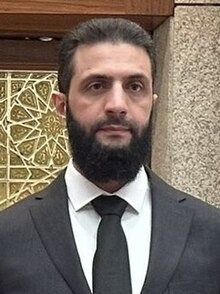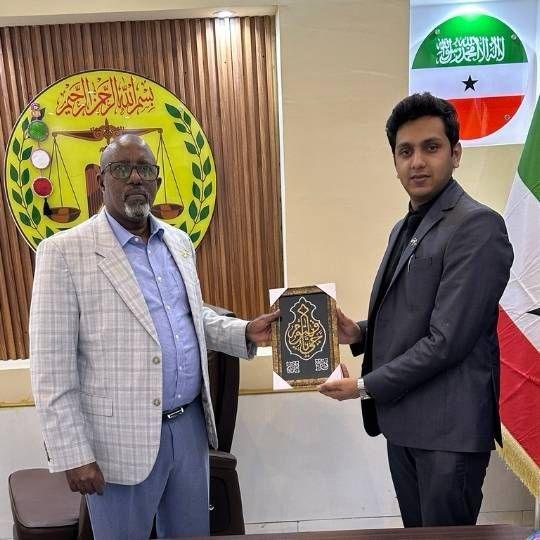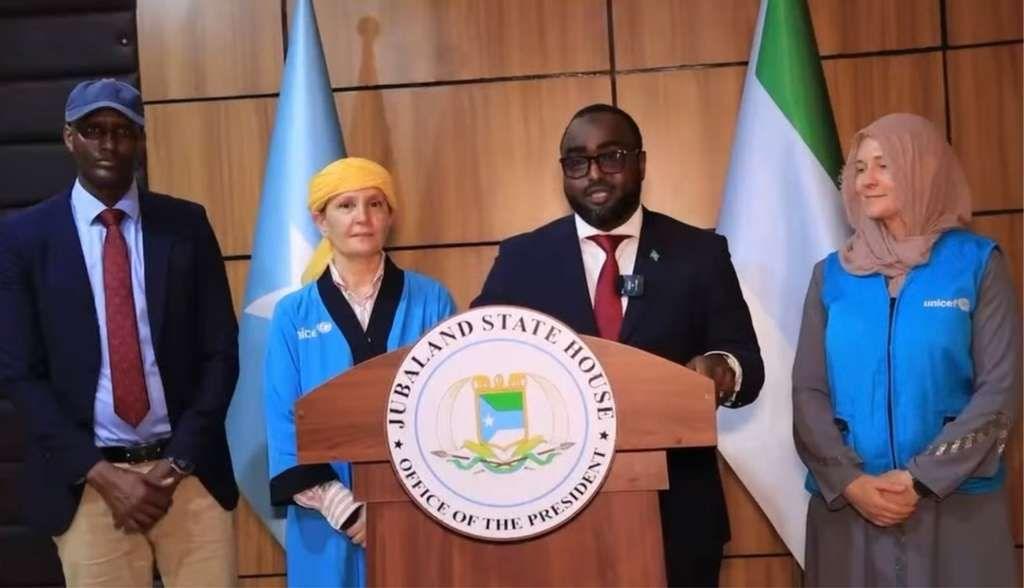Damascus, Syria: In a significant development marking Syria’s political transformation, Ahmed al-Sharaa, the de facto leader who spearheaded the campaign to oust Bashar al-Assad, was declared president for a transitional phase on Wednesday. The announcement, made by the military command that led the offensive against Assad, solidifies Sharaa’s grip on power less than two months after the fall of the long-standing regime.
The declaration, issued during a meeting of military commanders in Damascus, also granted Sharaa the authority to form a temporary legislative council and suspended the Syrian constitution. The decisions underscore Sharaa’s emergence as the central figure in Syria’s post-Assad era, with analysts describing the move as formalizing his status as the country’s “strongman ruler.”
Sharaa, who heads the Islamist Hayat Tahrir al-Sham (HTS) group—a former al-Qaeda affiliate—addressed the conference, emphasizing the need to fill the government vacuum “in a legitimate and legal way.” He outlined priorities for the transitional phase, including preserving civil peace through transitional justice, rebuilding state institutions, and developing economic infrastructure.
The HTS leader has pledged to oversee a political transition that includes a national conference, an inclusive government, and eventual elections, though he has cautioned that the process could take up to four years. However, Wednesday’s announcement did not provide a timeline for the formation of the new legislative body or further details on the transition process.
Fawaz Gerges, Professor of International Relations at the London School of Economics, noted that the declaration “formalized [Sharaa’s] status as the strongman ruler” and suggested that HTS aims to consolidate “single-party Islamist rule.”
HTS, which emerged from the Nusra Front—al-Qaeda’s former affiliate in Syria—has played a pivotal role in the country’s civil war. Despite cutting ties with al-Qaeda in 2016, the group has maintained its Islamist ideology and military dominance, particularly in northern Syria.
The declaration also dissolved the parliament elected under Assad last year and reiterated previous steps to dismantle the Baath Party and state security apparatus. Rebel groups that fought against Assad during the 13-year conflict are to be dissolved and integrated into the state.
The meeting, titled “The Conference for Announcing the Victory of the Syrian Revolution,” was attended by ministers from the interim government appointed by HTS in December. While the event was not publicly announced beforehand, it was met with apparent celebratory gunfire in central Damascus.
Regional Reactions
Qatar, a key backer of the new administration, welcomed the steps, praising efforts to “restructure the Syrian state and boost consensus and unity among all its parties.” Similarly, Saudi Arabia, which has supported Syria’s new rulers, congratulated Sharaa. King Salman expressed hopes for Sharaa’s success in leading Syria toward a “prosperous future that achieves the aspirations of the brotherly Syrian people,” according to the Saudi state news agency SPA.
However, Mohanad Hage Ali of the Carnegie Middle East Center cautioned that the announcement reflects Sharaa’s military control over much of Syria, including Damascus, but “does not reflect the political, religious, and ethnic diversity of Syria.”
As Syria enters a new chapter under Sharaa’s leadership, questions remain about the inclusivity of the transition process and the role of Islamist governance in shaping the country’s future.
Source: Reuters





